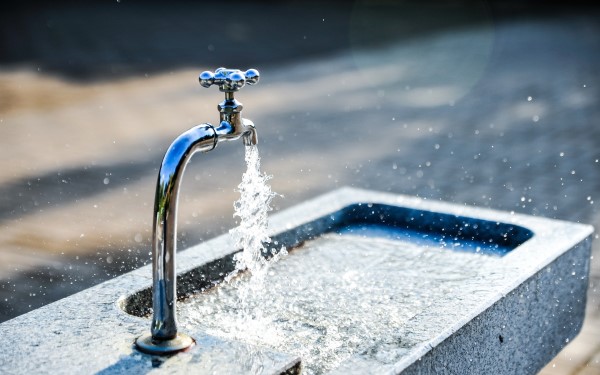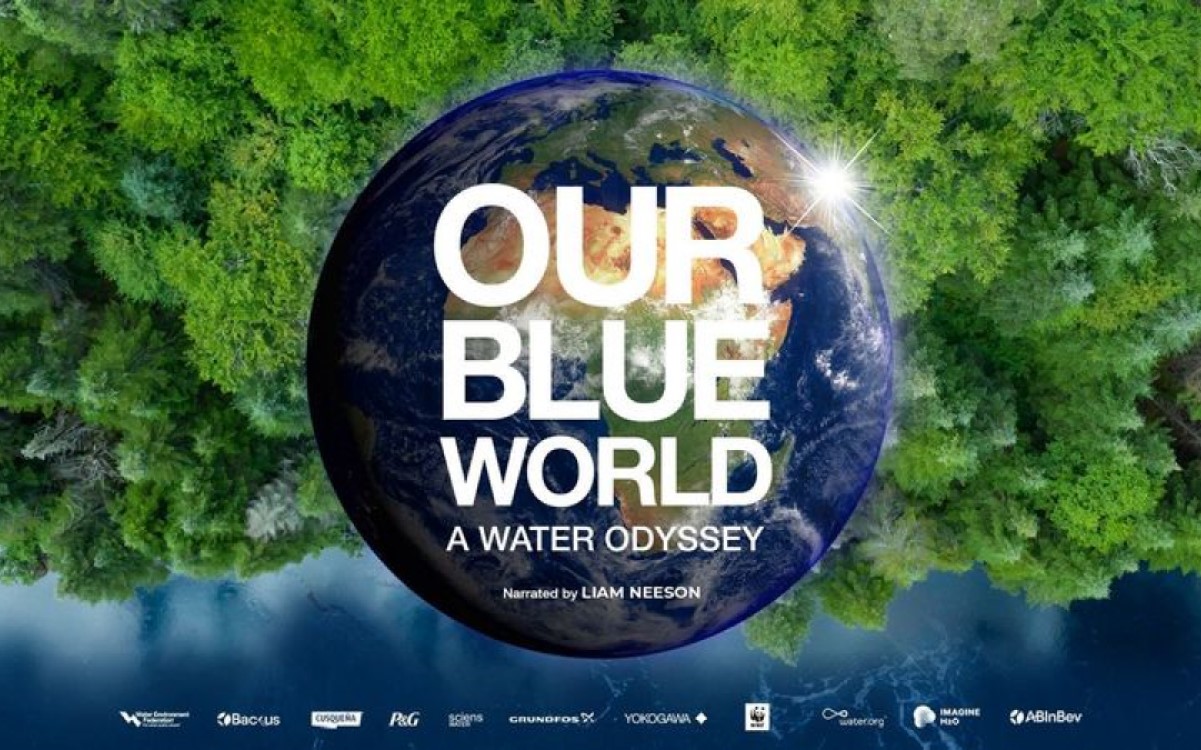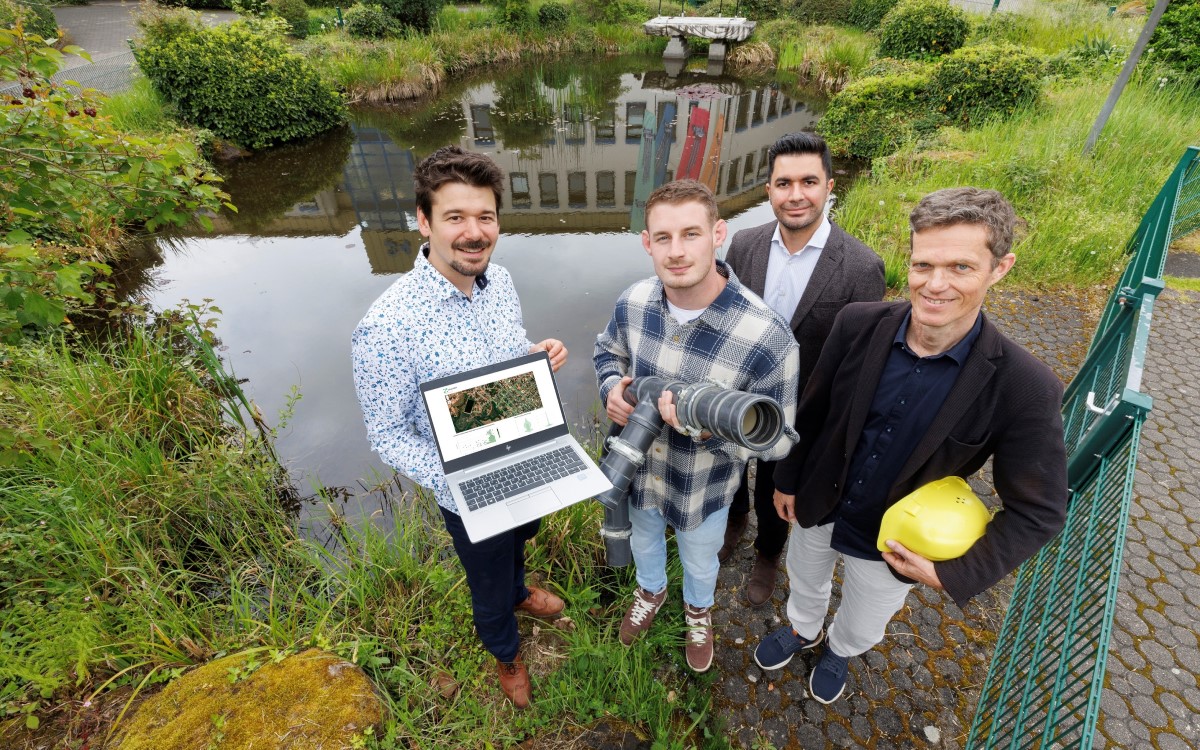March 07, 2023 Ι France has embraced remunicipalisation since January in the cities of Lyon and Bordeaux building on a longterm trend against private sector management of water supplies. The high prices caused by privatisation are to be reduced and high-quality drinking water is to be made available to all.
Up until the 1980s France had the longest, most extensive, experience of water privatisation in the world. The share of the private sector stood at 32% in 1954, 50% in 1975, and 80% in 2000.
Returning to public management
Public anger at soaring water prices in Grenoble led to the city’s water contract returning to public management in 2001. The mayor had also been found guilty of corruption and misuse of public assets related to the water market concession. Paris retook control of its water management in 2010 and saw the price of water cut by 8% as a result of savings on financial transfers to private companies and their shareholders.
Many other large French cities followed suit including Rennes, Nice and Montpellier. Now they have been joined by Lyon, in the Auvergne-Rhône-Alpes, and Bordeaux in south-western France. Privatisation often leads to higher prices and that leads to remunicipalisation, not only in France but also in other Member States.
Access to quality drinking water for everyone
Lyon, the third most populous city in the country entered into a 30-year contract with Veolia and an inter-municipal distribution company between 1986 and 2014. Then, in 2015, it delegated its water management to a new company, Eau du Grand Lyon, a subsidiary of Veolia, despite the moves to public ownership elsewhere in France and a major campaign in support of remunicipalisation. However, after the 2020 elections, Lyon lawmakers came out in favour of the resumption of public management of the production and distribution of drinking water. This decision became effective on 1 January 2023 and Eau du Grand Lyon is now a public entity under the name Eau Publique du Grand Lyon. The new company serves 1.3 million users, producing 90 million m³.
“Collective management as a common good and the non commercialisation of water resources is an important choice to guarantee the fundamental right of access to quality drinking water for all,” Eau Publique du Grand Lyon stated.
In Bordeaux, a 30-year concession contract for water management was signed in 1992. But the city authorities voted not to renew the contract, creating a new public entity, L’Eau Bordeaux Métropole, to manage the area’s drinking water supply, industrial water and sanitation. This has been operational since 1 January 2023. L’Eau Bordeaux Métropole serves 800,000 users, producing 50 million m³ as part of its sustainable management policy.
Learn more






